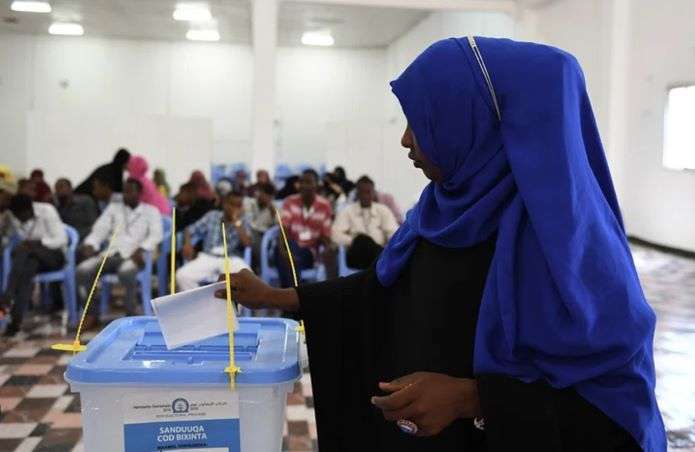By CIPESA Writer |
Over the last couple of years, digital and social media have come to play a central role in elections in Africa. That role has many bright sides, such as enabling swift voter education by electoral bodies, efficient campaigns by candidates, as well as monitoring and reporting malpractice. For the bigger part, in many African countries, the focus has centred on the negative impacts of digital platforms that often threaten social cohesion and electoral integrity, so much so that social media and sometimes all of the internet have been blocked at crucial times of the electoral cycle.
Concerns about ‘not throwing out the baby with the bathwater’, as some countries have appeared to do with drastic measures such as network disruptions, elicited a need for guidelines on how digital platforms, including social networking sites and private messaging applications, should be utilised during elections. Such guidelines would nurture the great potential that these media can deliver to candidates, political parties, and Election Management Bodies (EMBs), and to electoral integrity, while combating disinformation, hate speech, Technology-Facilitated gender-based violence (TFGBV), and other harms that they can enable.
This is the spirit behind the development of the Principles and Guidelines for the Use of Digital and Social Media in Elections in Africa, which were launched in South Africa on February 27-29, 2024 at an event where the country’s deputy president, Paul Mashatile, was guest of honour. The Guidelines are the brainchild of the Association of African Election Authorities (AAEA), whose General Assembly endorsed them in November 2023 in Cotonou, Benin. The Electoral Commission of South Africa (IEC) coordinated the development of the Guidelines, with support from the African Union Commission, the United Nations Electoral Assistance Division (EAD), the United Nations Development Programme (UNDP), the United Nations Educational, Scientific and Cultural Organization (UNESCO) and various African experts and civil society groups including the Collaboration on International ICT Policy for East and Southern Africa (CIPESA).
The stated objective of the Guidelines is to enhance the capacities of EMBs and other relevant electoral stakeholders to harness the advantages of social media and tackle the adverse effects of new and emerging digital technologies.
The Guidelines could help to stem the growing use of social media, including by state officials, opposition parties and “paid influencers” to sow disinformation and undermine electoral integrity, prompt platforms to do more to moderate harmful content, pave way for regulating political advertising, hopefully deter such antics as Cambridge Analytica played in elections in Kenya and Nigeria, and discourage internet disruptions that create an information vacuum and undermine electoral credibility.
Launching the Guidelines represents a major step in developing a crucial normative framework which entities around the continent should embrace. Indeed, in this crucial year in which up to 16 African countries will hold national/presidential elections, electoral authorities and other stakeholders would do well to adopt the use of the guidelines. Popularising the Guidelines will be critical for their uptake.
The adoption of the Principles and Guidelines signalled a new era for EMBs in the quest to reap the benefits of digital and social media while also investigating ways to mitigate the inherent harms that could jeopardise the credibility of electoral processes. Paul Mashatile, South Africa’s Deputy President.
The Guidelines encourage African EMBs to develop a clear and comprehensive plan for responsible social media use during election campaigns. They also lay down guidelines for various stakeholders, including the media and civil society organisations.
Furthemore, as noted by the IEC, they encourage African member states and regulatory authorities to refrain from imposing measures that might disrupt access to the internet, and to digital and social media. They call on social media operators to treat political parties and candidates equitably and ensure that their online messaging, including that of their supporters, does not undermine electoral integrity or contravene human rights.
On Responsibilities of Social Media Companies: In line with the United Nations’ Guiding Principles on Business and Human Rights (UNGPs), digital and social media must put in place processes for human rights due diligence and human rights impact assessment to identify, prevent, mitigate and account for how they address their impacts on human rights during the electoral cycle, and disclose these processes for transparency and accountability.
In sum, these timely guidelines, if implemented, could help combat digital harms and enhance electoral integrity across the continent.

